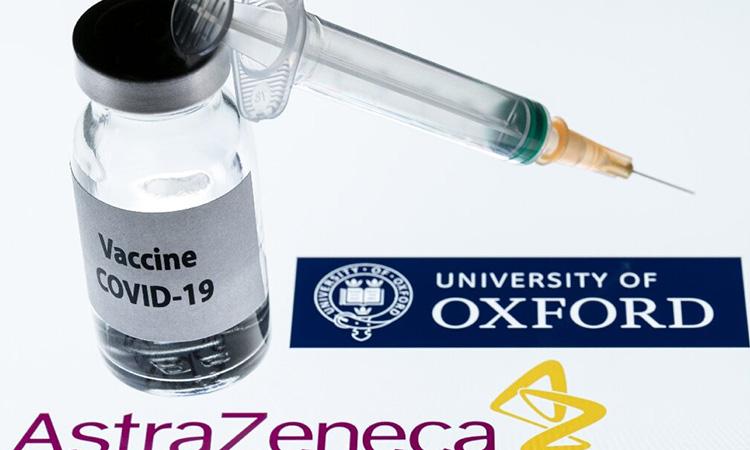Cheap and easy to store, the AstraZeneca/Oxford vaccine approved by the British regulator on Wednesday has given a shot in the arm to the global fight against coronavirus.
Here are five facts about the AstraZeneca/Oxford vaccine:
1. The AstraZeneca/Oxford vaccine has the major advantages of being cost-effective and easy to store. It costs about £2.50 ($3.40, 2.75 euros) per dose.
2. It can be stored at normal refrigerator temperatures of between two and eight degrees Celsius, making it ideal for large-scale vaccination programs.
The vaccine should also be capable of fighting the new variant of the coronavirus responsible for an increase of cases in the United Kingdom, according to AstraZeneca chief executive Pascal Soriot.
Also Read | United Kingdom approves Oxford University-AstraZeneca Covid-19 vaccines for use
3. The vaccine developed by British firm AstraZeneca, working alongside Oxford University, is the second vaccine to be approved by the independent Medicines and Healthcare products Regulatory Agency (MHRA).
The Pfizer/BioNTech vaccine has been deployed in Britain since December 8, with almost 800,000 receiving their first dose, according to British Prime Minister Boris Johnson.
Britain has ordered 100 million doses of the AstraZeneca/Oxford vaccine, 40 million of which will be available by the end of March.
4. It is a "virus-vectored" vaccine, meaning it is a version of a virus that normally infects chimpanzees and has been modified with a portion of the Covid-19 coronavirus called the "spike protein" to fire the immune system.
Once in human cells, the vaccine should help stimulate the production of antibodies that recognize the virus.
The British laboratory announced in interim findings in November that its vaccine was on average 70 per cent effective, compared with more than 90 per cent for Pfizer/BioNTech and Moderna.
5. The efficacy of the AstraZeneca/Oxford vaccine was 90 per cent for volunteers who first received only a half-dose and then a full dose one month later, but only 62 per cent for another group that was vaccinated with two full doses one month apart.
The injection of a half-dose was conducted by accident, raising criticism over the robustness of the results and prompting the company to announce on November 26 that an "additional study" would be held into the efficacy of the reduced dosage.


















